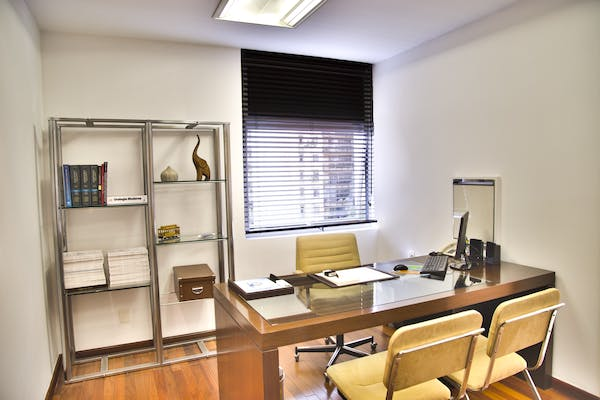It’s estimated that over half of the U.S. population (55%) suffers from at least one allergic condition. Allergies are the direct result of the immune system misidentifying certain contaminants and/or elements to which the individual is exposed. It may cause nothing more than a short bout of sneezing, or it can manifest more severe, long-lasting symptoms. Thankfully, a humidifier offers a fast and effective way to find allergy relief.
Allergic rhinitis is the single most common type of allergy, affecting millions of Americans. It’s characterized by nasal congestion, inflammation, dry mouth, and itchy nose and eyes. When a person with allergic rhinitis is exposed to a triggering allergen, such as dust or pollen, he or she will experience a session of the aforementioned symptoms. While there’s no known cure for allergic rhinitis, there some steps you can take to prevent it.
First and foremost, it’s important to understand the role humidity plays in allergic reactions. Humidity – the amount of water vapor in the air – helps to control common elements that trigger allergic reactions. When the air is overly dry, dust, pet dander, pollen, mold and bacteria are able to flow more freely. This means there’s a greater risk of accidentally inhaling allergy-causing triggers. On the other hand, environments with proper humidity are less likely to cause allergic reactions because the moisture catches the airborne impurities.
Individuals who are constantly exposed to low-humid environments are also more likely to develop allergies because of the dry air’s effect on their nasal passages. Low humidity causes the delicate mucus membranes to dry up, so much that it can result in cracking and bleeding (this is why nose bleeds are common in dry environments). And when the nasal passages suffer this type of damage, allergens can enter the body more easily.
Some people automatically assume seasonal changes are to blame for their allergies. While the coming of a new season can certainly play a role in the allergies, humidity may hold even greater influence. Dry air allows allergens to travel more freely, making individuals more susceptible to their effects.
There’s a quick and easy way to find allergy relief: use a humidifier. If the air in your office or workplace is constantly dry, try installing one of these devices. A commercial humidifier will ensure the area in which you work maintains a proper, stable humidity.





